Here, then, is a guide to the 10 best films that were unveiled at this year’s festival.
1. Anora
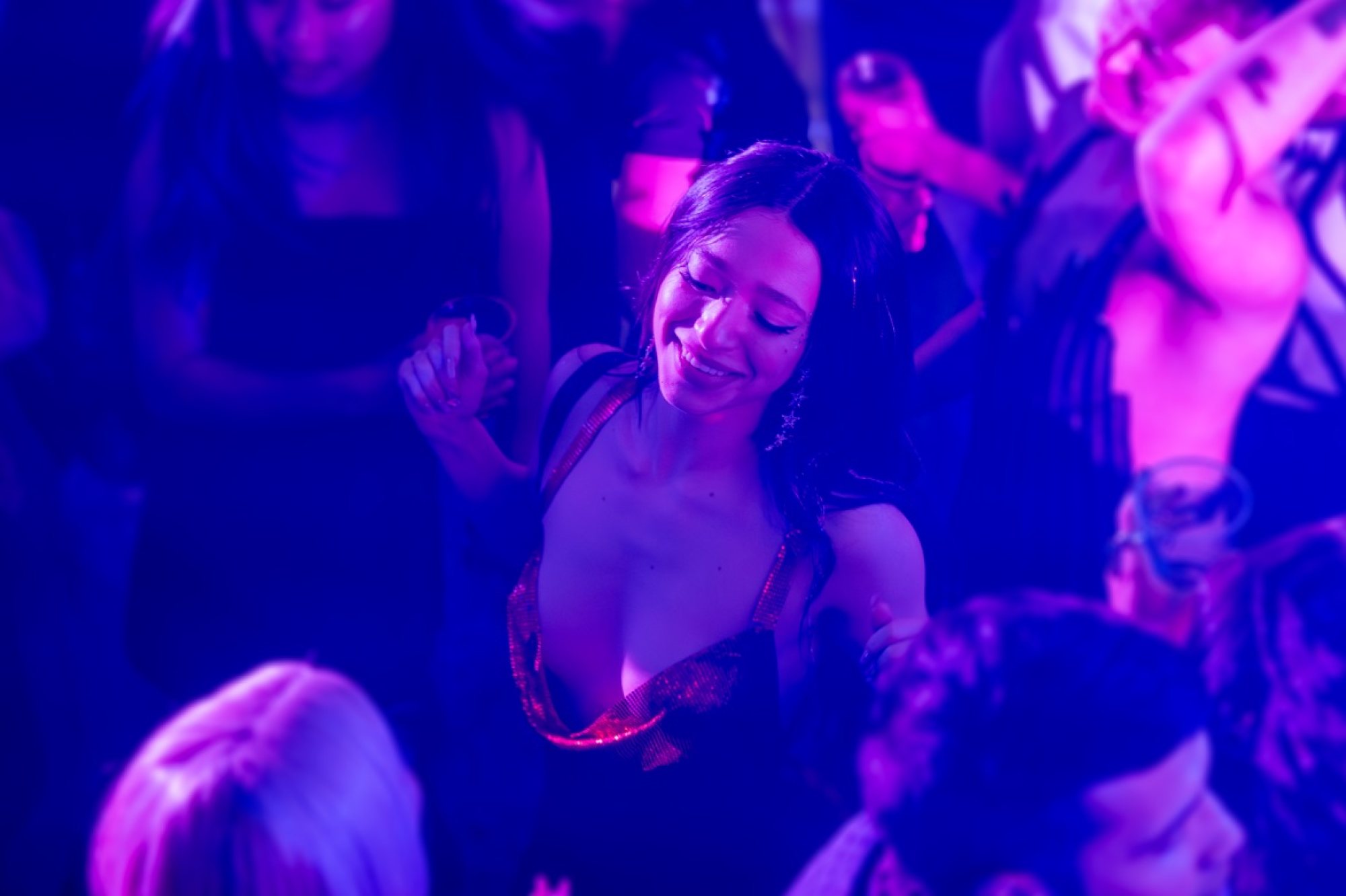
Mikey Madison is terrific as Anora, or “Ani”, a lap dancer who marries one of her clients, the spoiled son of an obscenely wealthy Russian, only to feel the full wrath of his family.
2. The Seed of the Sacred Fig
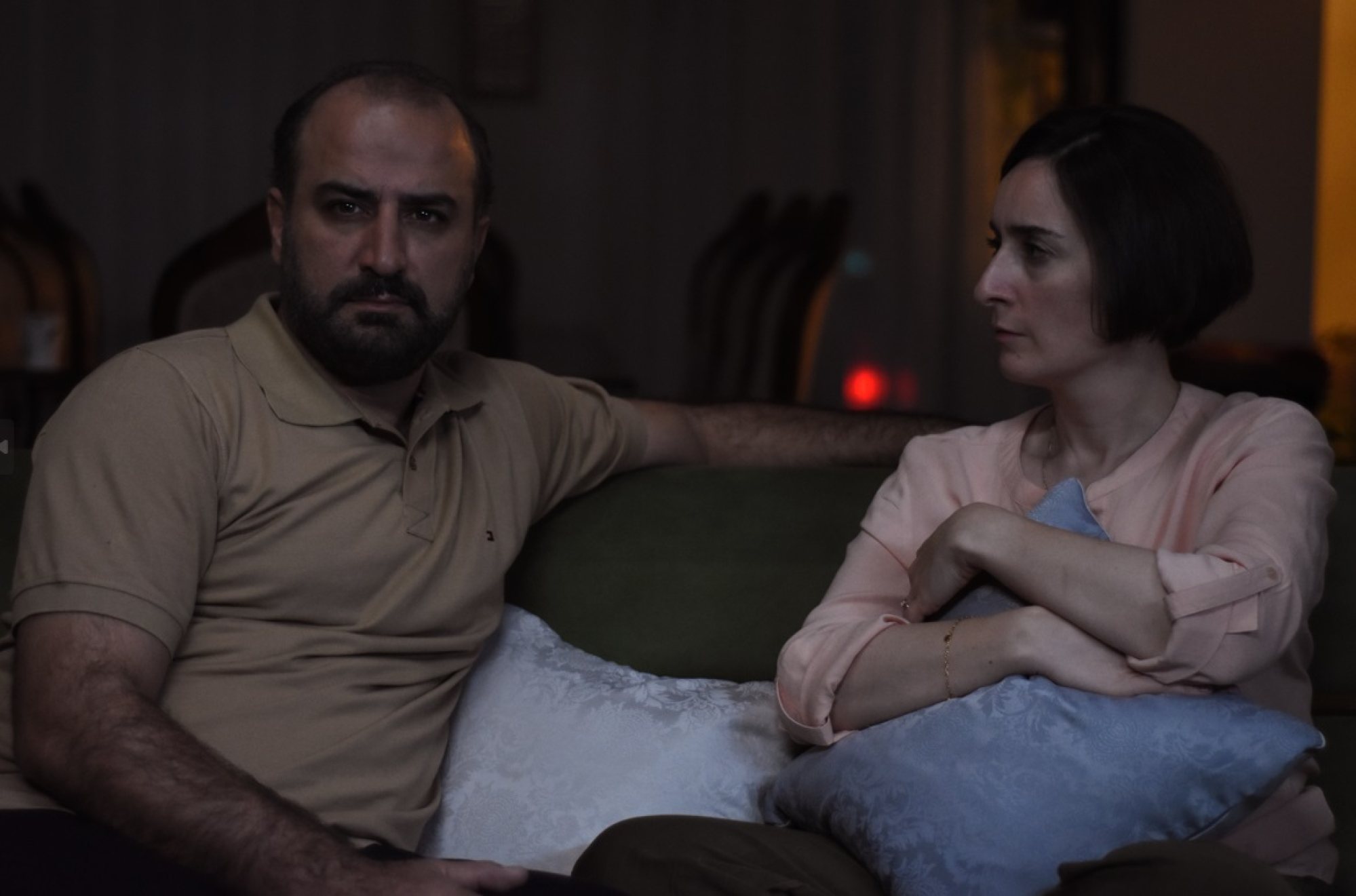
Certainly, his latest will do nothing to smooth over relations; a compelling near three-hour drama, it depicts Iman (Missagh Zareh), a father of two whose work as an investigator puts him in conflict with his own family. The jury gave Rasoulof a special award; he deserved more.
3. The Girl with the Needle
Some competition films will inevitably go home empty-handed, but Swedish director Magnus von Horn (Sweat) can count himself extremely unlucky not to take home a prize for this immaculate black-and-white period piece.
Set in post-World War I Copenhagen, the shocking drama follows a young factory worker (Vic Carmen Sonne) who falls pregnant and forges a bond with a woman (Trine Dyrholm) who runs a covert adoption agency for mothers dealing with unwanted children.
A horror film of sorts, highly inspired by The Elephant Man, this was easily the most striking-looking movie in the official selection.
4. The Substance
Exploring issues of ageing, beauty and the male gaze, Fargeat won best screenplay and the hearts of Cannes audiences, who revelled in the film’s increasingly demented prosthetics and unhinged performances.
5. The Surfer
While Cage has graced Cannes before with crazy films (think Mandy or Dog Eat Dog), this tale of a father who clashes with a posse of aggressive local surfers on an Australian beach required more subtleties from the actor.
Engineered with a clever script that plays with perceptions of reality, this one really caught a wave.
6. Limonov: The Ballad
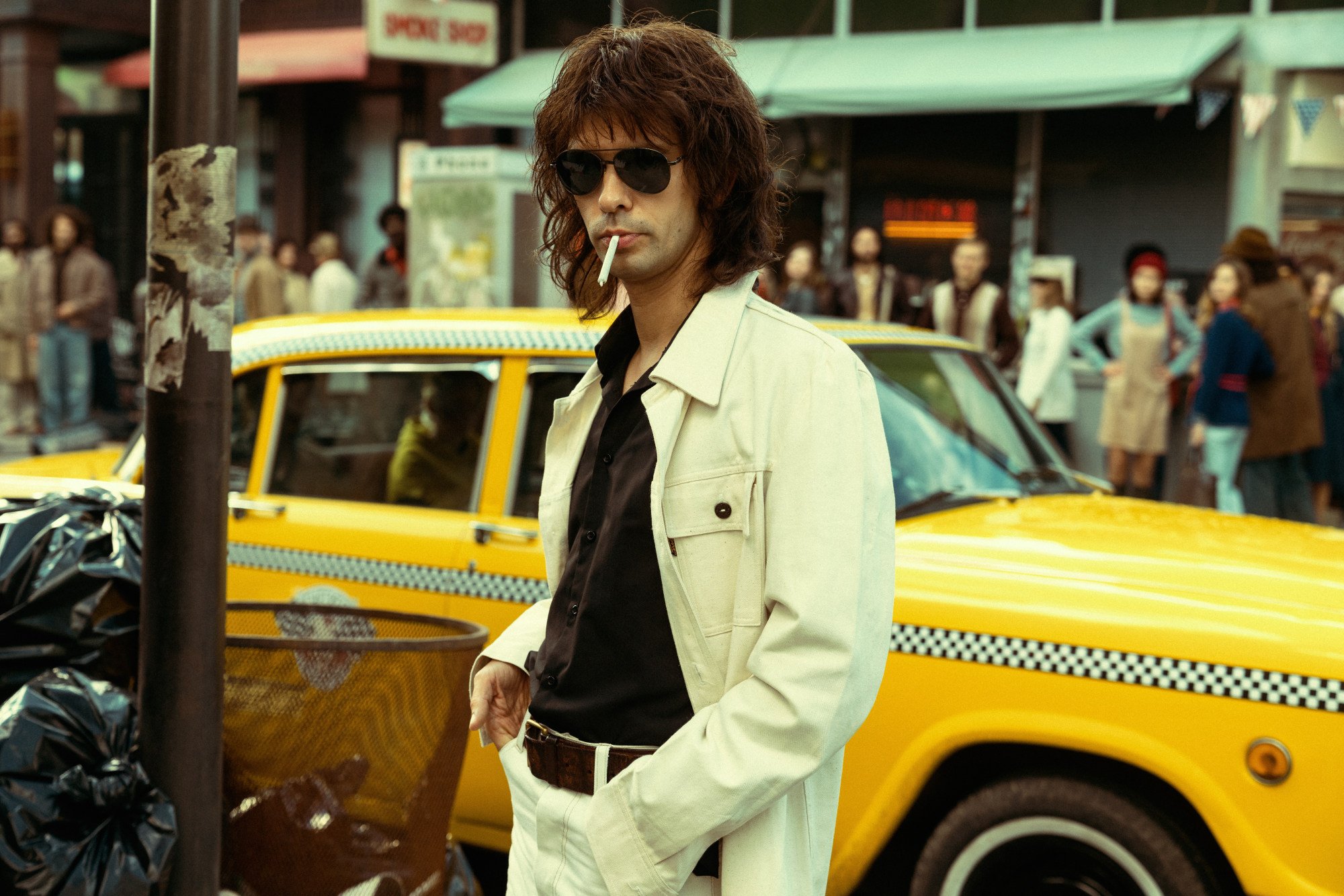
This aside, Kirill Serebrennikov’s radical account of Limonov’s life, from little-known writer to political player, still came bursting with a deeply felt energy.
Rattling with Lou Reed songs, it boasts some bravura filmmaking moments, not least a whirlwind transition across the 1980s as the director spirits us to 1989 and the fall of the Berlin Wall. Certainly it cut deeper than fellow competition entry The Apprentice and its portrait of 70s-era Donald Trump.
7. Emilia Pérez
With lively songs by French singer Camille and equally arresting choreography by Damien Jalet, it has all the fizz of a Hollywood show-stopper, but comes armed with a social conscience too.
8. Gazer
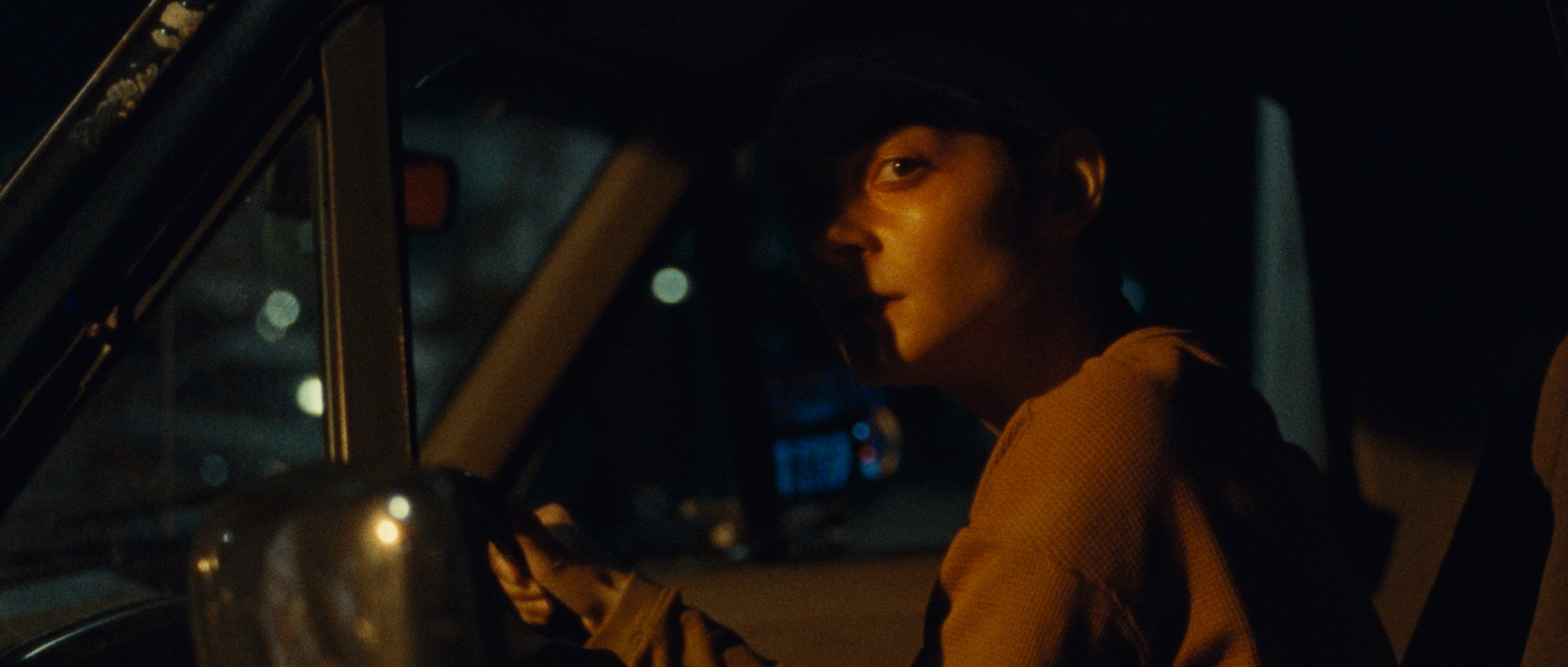
Programmed in Director’s Fortnight, Ryan J. Sloan’s debut had the feel of early Christopher Nolan.
His co-writer and wife, Ariella Mastroianni, starred as a young mother with dyschronometria, a condition that means you cannot perceive time. The result was a slow-burn noir, humming with a moody sax score from Steve Matthew Carter, that truly reels the audience into its world.
The film will go down as one of those punchy indie gems – an electrician by trade, Sloan made it over two years, self-financing; and while at Cannes, he learned that the power had been cut at his and Mastroianni’s flat. What a story.
9. Bird
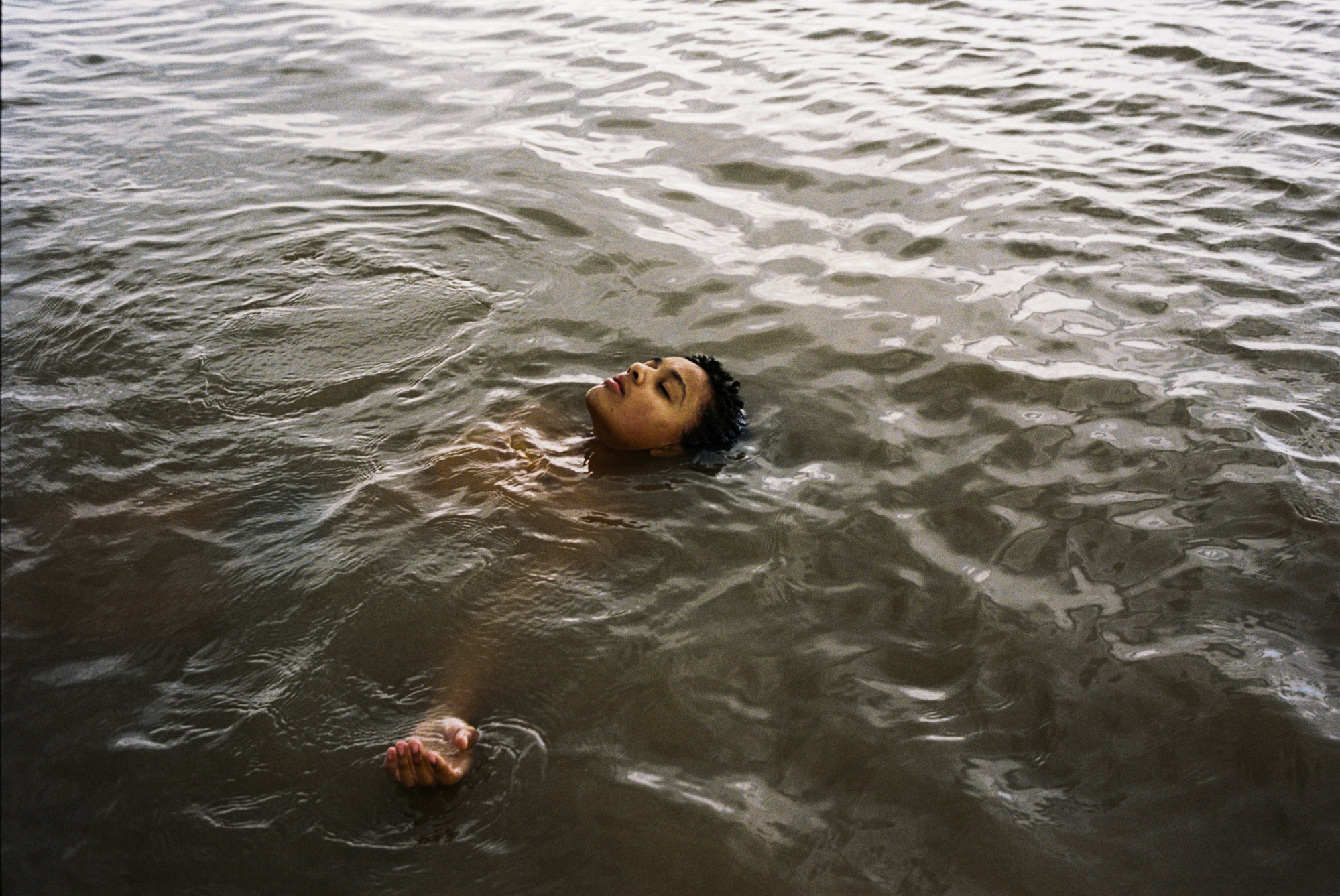
A three-time Jury prizewinner, Andrea Arnold surprisingly got nothing here, but there was widespread critical admiration for her fable-like coming-of-age film set in Britain’s North Kent region.
Saltburn’s Barry Keoghan was the big draw, playing a wayward father who even bashes out a version of Blur’s “The Universal” in one touching singalong scene. But the film spins on the relationship between his rebellious 12-year-old daughter Bailey (Nykiya Adams) and the mysterious Bird (Franz Rogowski), a curious individual who has returned to the area.
Films like Kes and Birdman are evoked as Arnold switches from social to magic realism with a deft click of her finger.
10. Caught by the Tides
His wife and long-time collaborator, Zhao Tao, is graceful as Qiaoqiao, a woman from Datong in northern China who goes on an extensive quest to find her shady boyfriend, who has left the city to seek his fortune. It is a film that captures the undulating mood of a nation.

